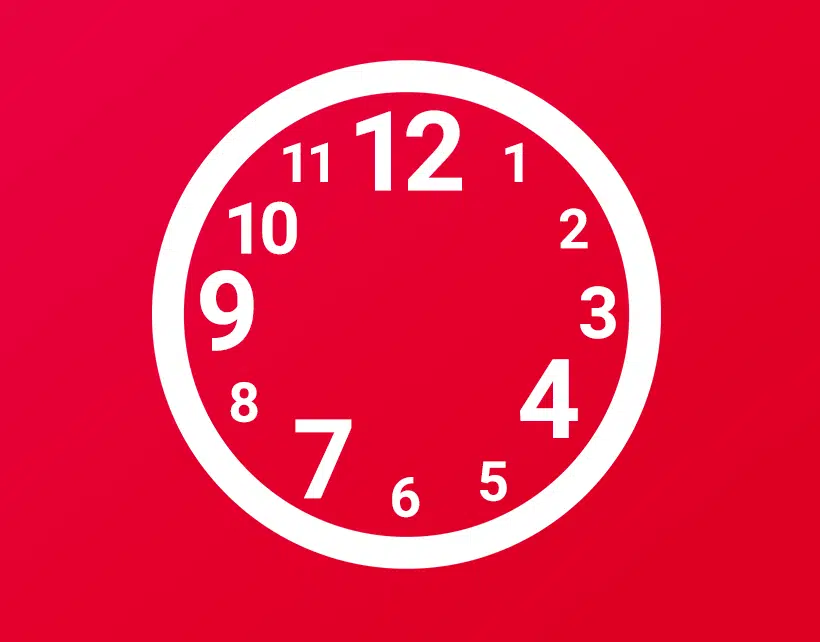
Efficient planning is the be-all and end-all
Last Updated on 06/10/2025
We have all experienced it: tasks are stacking up on your desk with no end in sight, and you don’t know what to start with first. But what at first glance may seem like an insurmountable mountain can be overcome and managed well with clever planning. We’re sharing some helpful strategies for pursuing good time management.
The Pareto Principle
The Pareto Principle, also known as the 80-20 rule, is famous. It takes its name from the Italian sociologist and economist Vilfredo Pareto. When he looked at his country’s wealth, he found that around 20 per cent of families owned approximately 80 per cent of the wealth. Pareto concluded that only about 20 per cent of the causes achieve 80 per cent of the consequences. For time management, this means that 20 per cent of the time, 80 per cent of tasks can be completed. Thus, many results can be achieved with little effort.
The prerequisite for this, however, is that this time must also be used correctly, which requires optimal preparation. So when you are working on your to-do list, remind yourself that 80 per cent of your tasks will probably only take 20 per cent of your total time. Assess your projects to see which are the most important and tackle those first. This will help you achieve the best possible results in the least amount of time.
A well-thought-out to-do list
To ensure that your to-do list helps you most efficiently, don’t just write everything down without thinking and then work through it in order. Number the individual tasks according to priority and note how much time you plan to spend on them. This way, you can plan your daily workload more realistically with respect to your time and energy, and don’t end up with a list that is too big. If you have large tasks, it is helpful to divide them into smaller ones. When you do this, you can check off what you’ve already done, and you’ll be more motivated about the steps you still have to take. Ticking tasks off is not only good for your sense of achievement, but also helps you check whether you are still on schedule. Do you still need the right tools to write your list? We have something for you!
Monotasking instead of multitasking
It is a myth that multitasking is efficient for everyone. In fact, the opposite is often true. When you do several tasks simultaneously, your brain must constantly switch over to devote itself to the other matter. Also, every time you switch tasks, your brain takes a while to reorient itself. That’s why, for most people, multitasking ultimately costs more time.
Therefore, it is better to focus on monotasking. To succeed in completing many to-dos, it is best to take the most important things first and reserve uninterrupted time for them. If your work allows it, ask your colleagues not to disturb you and don’t check your email inbox. You may find it feasible to schedule less mentally intensive activities, such as administrative tasks or answering emails, for a time when you are already experiencing a low energy level.
No matter what kind of time management helps you to get your work done successfully, efficiently, and with motivation, one thing is always the same: calendars, yearly planners, or organisers are indispensable. Are you not yet equipped with what you need? We offer you a large and varied selection – just look through our shop!

Pukka Pad Notebook Metallic Jotta A5 Ruled Spiral Bound Cardboard Hardback Green Perforated 200 Pages Pack of 3

Pukka Pad Notebook Metallic Jotta A4+ Ruled Spiral Bound Cardboard Hardback Green Perforated 200 Pages Pack of 3







